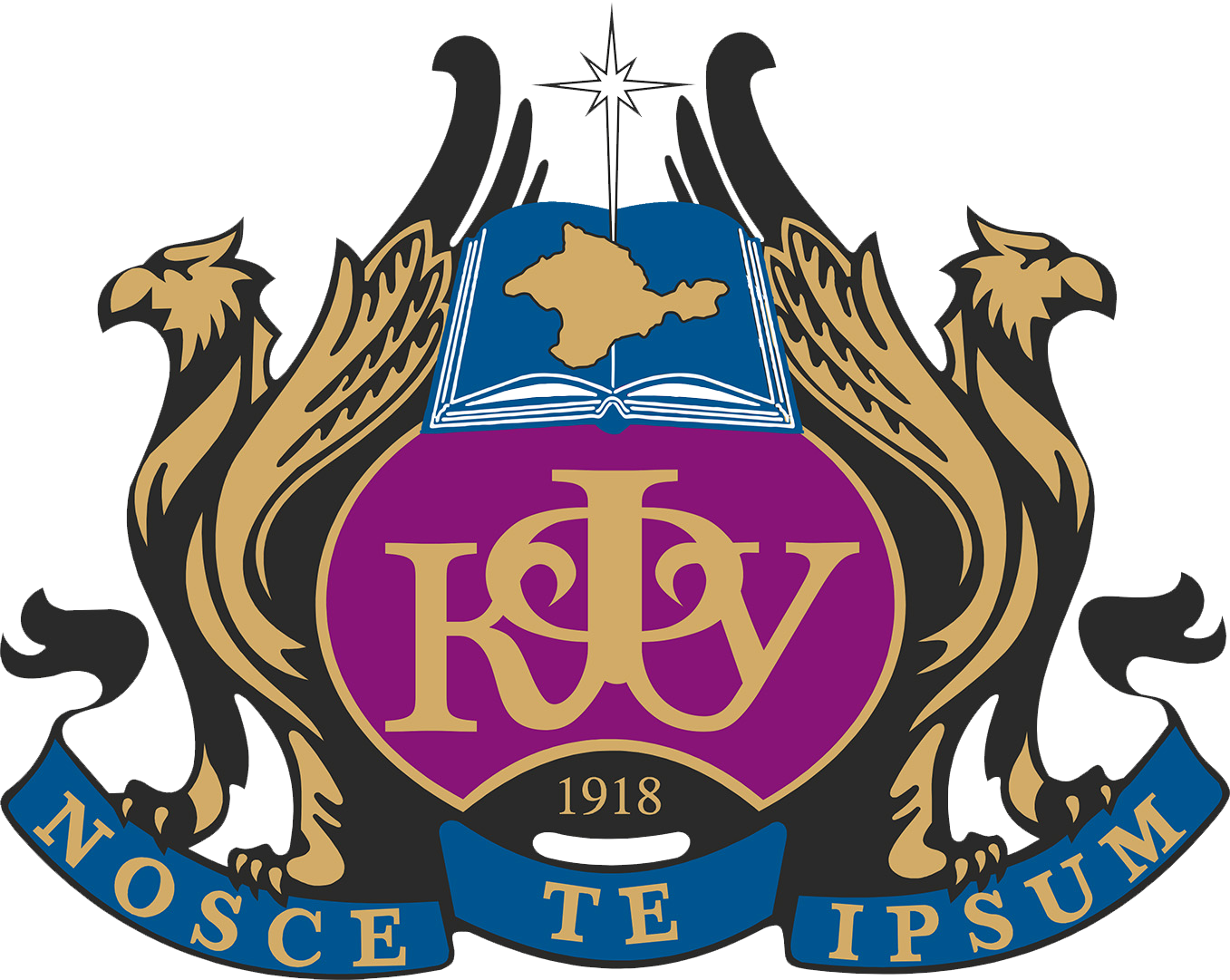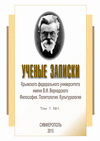The article is dedicated to the concept of deep maps and the role of deep maps in the humanities. The author, David J. Bodenhamer, identifies five types of deep maps: archival, descriptive, research, narrative, and immersive. Each type serves its own purpose, from storing and analyzing data to creating an interactive experience for users. Deep maps help explore the interaction between people and the surrounding space by incorporating multiple perspectives, emotional aspects, and elements of memory into the analysis.
deep mapping, deep map, deep maps, collective memory, classification of deep maps
1. Marks K., Engel's F. Soch., 2-e izd. t.3. – M., 1955. – 630 s.
2. Marks K., Engel's F. Soch., 2-e izd. t.4. – M., 1955. – 615 s.
3. Lebedev S.A. Filosofiya nauki: Slovar' osnovnyh terminov – M.: Akademicheskiy Proekt. 2004. – 316 s.
4. Popper K. Logika i rost nauchnogo znaniya. – M.: «Progress», 1983. – 605 s.
5. Lazarev F.V., Novoselov M.M. Materialisticheskaya dialektika kak obschaya teoriya razvitiya. – M.: «Nauka», 1982.





